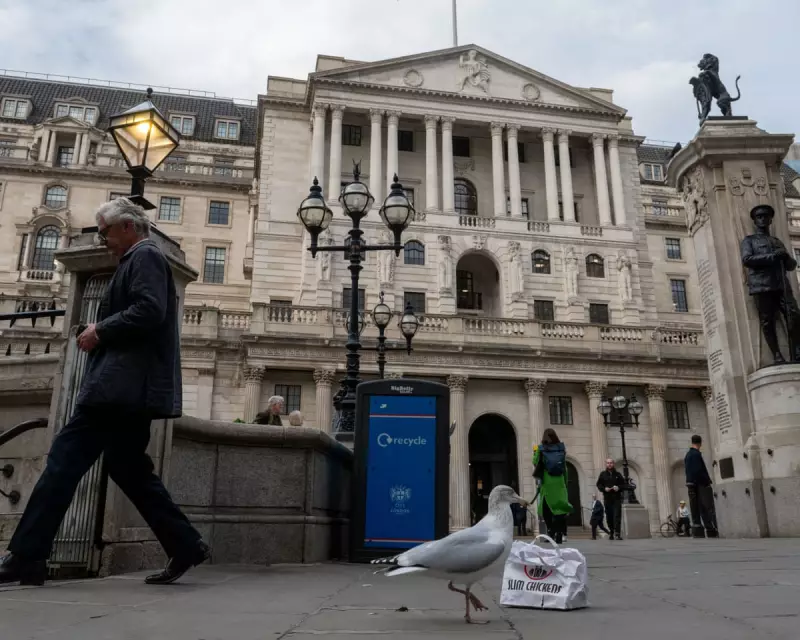
The Bank of England has held interest rates steady at 5.25% in a widely anticipated decision, marking the seventh consecutive meeting without change as the central bank continues its battle against persistent inflation.
Bailey's Cautious Stance
Governor Andrew Bailey struck a notably cautious tone despite recent positive inflation data, emphasising that the fight against rising prices is far from over. "We need to see more evidence that inflation will stay low," Bailey stated, dampening expectations of imminent rate cuts.
The Monetary Policy Committee's vote revealed ongoing divisions, with two members continuing to push for a rate hike while the majority favoured maintaining the current stance. This split highlights the delicate balancing act facing policymakers as they navigate economic uncertainties.
Market Reactions and Economic Impact
Financial markets responded immediately to the announcement:
- The pound strengthened against both the dollar and euro
- UK government bond yields edged higher
- Banking stocks showed modest gains
- Property and retail sectors remained under pressure
Analysts suggest the continued high rates will maintain pressure on mortgage holders and businesses, with many facing significant refinancing challenges in the coming months.
Budget Concerns Loom Large
The Bank's decision comes amid growing concerns about the upcoming budget announcement. With public finances stretched and economic growth remaining sluggish, the government faces difficult choices between spending commitments and fiscal responsibility.
Business groups have expressed concern that prolonged high interest rates could stifle investment and hamper economic recovery, particularly for small and medium-sized enterprises already struggling with elevated borrowing costs.
What's Next for UK Borrowers?
For millions of homeowners and businesses, the extended period of high rates means:
- Continued pressure on variable-rate mortgage payments
- Higher costs for business loans and expansion plans
- Reduced consumer spending power
- Ongoing challenges in the property market
While some economists predict rate cuts could begin in early 2026, the Bank's cautious approach suggests any reductions will be gradual and data-dependent.
The coming months will be crucial as policymakers monitor inflation trends, wage growth, and global economic developments that could influence the UK's monetary policy direction.





